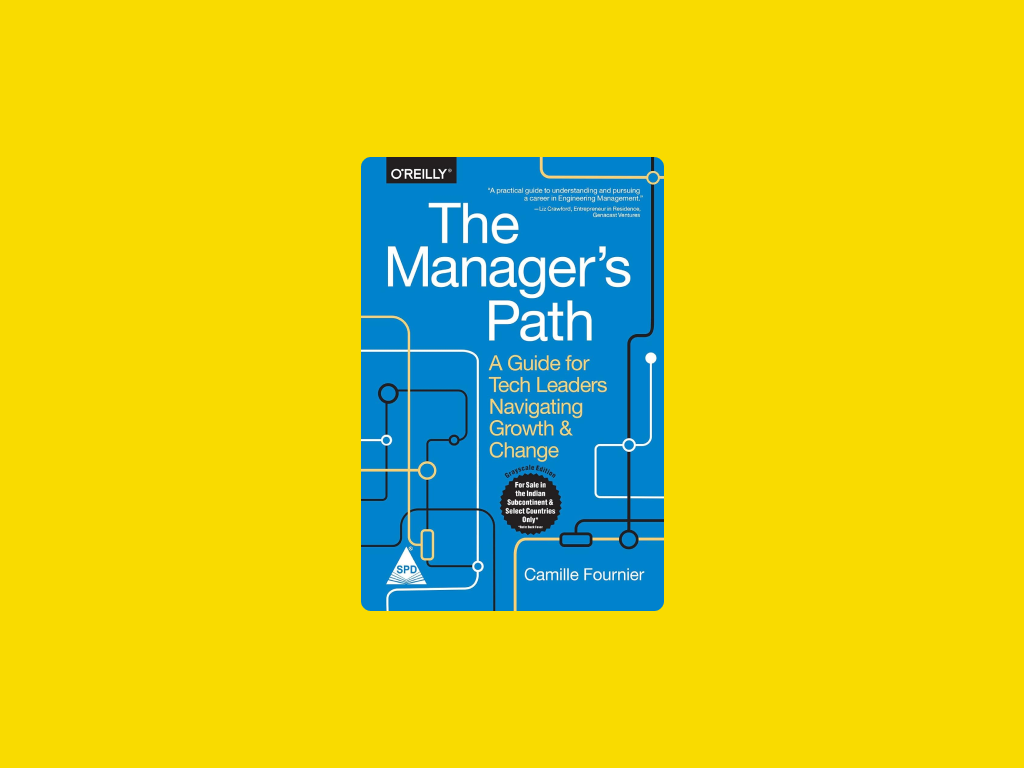Description
This free course, A mentoring mindset (Meddylfryd mentora), will support anyone based in an education setting to develop an understanding of effective mentoring of beginner teachers in the initial teacher education and newly qualified phases. It has been designed using the experiences of colleagues working within the Welsh education system, but the messages about the principles of effective mentoring and coaching and the important role mentors have as teacher-educators within the school-based context remain the same across education systems. The course will aid your understanding of the role of a mentor supporting a beginner teacher as they progress along a continuum of familiarisation with and consolidation of principles of teaching and learning, through to autonomous practice. Mentoring as professional development is also explored, as you engage in reflection on your own teaching and leadership practices. Transcript
Tags
Syllabus
- Introduction
- Introduction
- Learning outcomes
- Acknowledgements
- Week1Week 1: What does it mean to be a mentor for a beginner teacher?
- Introduction
- Learning outcomes
- 1 What does it mean to be a teacher-educator in school?
- 1.1 Bringing together school and university
- 1.2 Effective mentoring
- 2 Supporting your beginner teacher in the early stages
- 2.1 Consider how ready your mentee is to engage in the mentoring process
- 2.2 Establish a focus on ‘practical theorizing’ early on
- 2.3 Focus on building a positive relationship with your mentee
- 3 Supporting beginner teachers’ reflective practice
- 4 Mentoring as a wider role
- 5 Week 1 summary
- References
- Acknowledgements
- Week2Week 2: Growing with your mentee – mentoring as a continuum
- Introduction
- Learning outcomes
- 1 Growing with your mentee – mentoring as a continuum
- 1.1 Mentoring relationships: growth as a mentor
- 2 Theories of mentoring
- 2.1 Learning by reflection
- 2.2 Learning through apprenticeship
- 2.3 Learning as acquiring a professional identity within a community of practice
- 2.4 The three theories of mentoring
- 3 Professional learning for mentor growth
- 4 How can mentors use research?
- 5 Week 2 summary
- References
- Acknowledgements
- Week3Week 3: Moving mentoring towards coaching
- Introduction
- Learning outcomes
- 1 Coaching within a school-based setting
- 2 Applications of coaching
- 2.1 Providing appropriate challenge
- 3 Dialogue in coaching
- 4 The art of listening
- 5 Scaffolding the dialogue
- 5.1 The GROW model
- 5.2 The RESULTS model
- 6 The role of assessment
- 7 Week 3 summary
- References
- Acknowledgements
- Week4Week 4: The mentor’s role in professional learning
- Introduction
- Learning outcomes
- 1 Strategic mentoring
- 1.1 Mentoring at differing stages
- 2 Principles of effective mentoring
- 3 Mentoring: what’s in it for me?
- 4 Week 4 summary
- Course summary
- References
- Acknowledgements
Related Books

A mentoring mindset (Meddylfryd mentora)
-
TypeOnline Course
-
Provider
- Introduction
- Introduction
- Learning outcomes
- Acknowledgements
- Week1Week 1: What does it mean to be a mentor for a beginner teacher?
- Introduction
- Learning outcomes
- 1 What does it mean to be a teacher-educator in school?
- 1.1 Bringing together school and university
- 1.2 Effective mentoring
- 2 Supporting your beginner teacher in the early stages
- 2.1 Consider how ready your mentee is to engage in the mentoring process
- 2.2 Establish a focus on ‘practical theorizing’ early on
- 2.3 Focus on building a positive relationship with your mentee
- 3 Supporting beginner teachers’ reflective practice
- 4 Mentoring as a wider role
- 5 Week 1 summary
- References
- Acknowledgements
- Week2Week 2: Growing with your mentee – mentoring as a continuum
- Introduction
- Learning outcomes
- 1 Growing with your mentee – mentoring as a continuum
- 1.1 Mentoring relationships: growth as a mentor
- 2 Theories of mentoring
- 2.1 Learning by reflection
- 2.2 Learning through apprenticeship
- 2.3 Learning as acquiring a professional identity within a community of practice
- 2.4 The three theories of mentoring
- 3 Professional learning for mentor growth
- 4 How can mentors use research?
- 5 Week 2 summary
- References
- Acknowledgements
- Week3Week 3: Moving mentoring towards coaching
- Introduction
- Learning outcomes
- 1 Coaching within a school-based setting
- 2 Applications of coaching
- 2.1 Providing appropriate challenge
- 3 Dialogue in coaching
- 4 The art of listening
- 5 Scaffolding the dialogue
- 5.1 The GROW model
- 5.2 The RESULTS model
- 6 The role of assessment
- 7 Week 3 summary
- References
- Acknowledgements
- Week4Week 4: The mentor’s role in professional learning
- Introduction
- Learning outcomes
- 1 Strategic mentoring
- 1.1 Mentoring at differing stages
- 2 Principles of effective mentoring
- 3 Mentoring: what’s in it for me?
- 4 Week 4 summary
- Course summary
- References
- Acknowledgements

 Online Course
Online Course 





